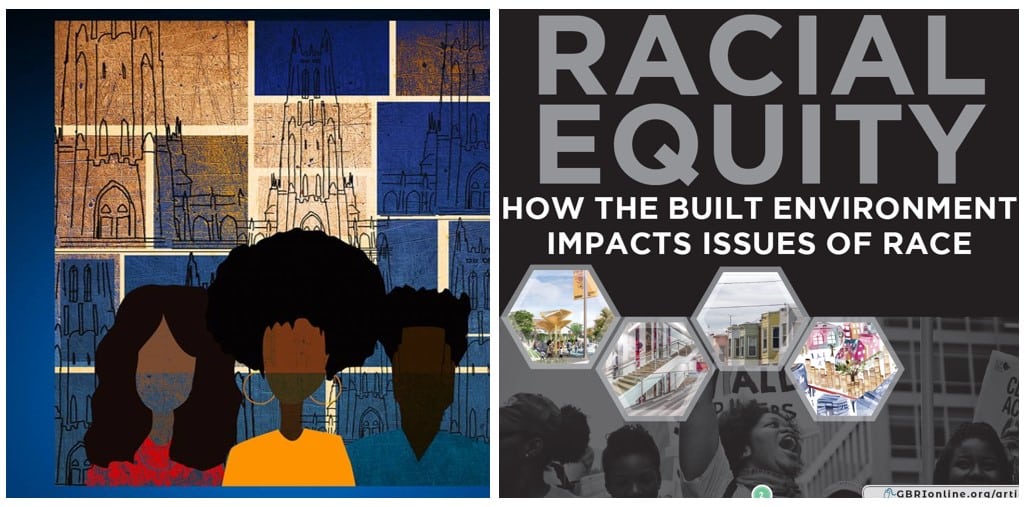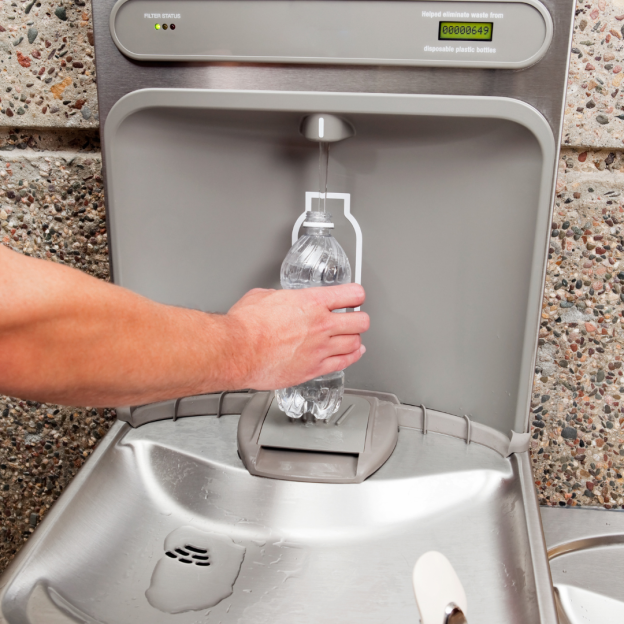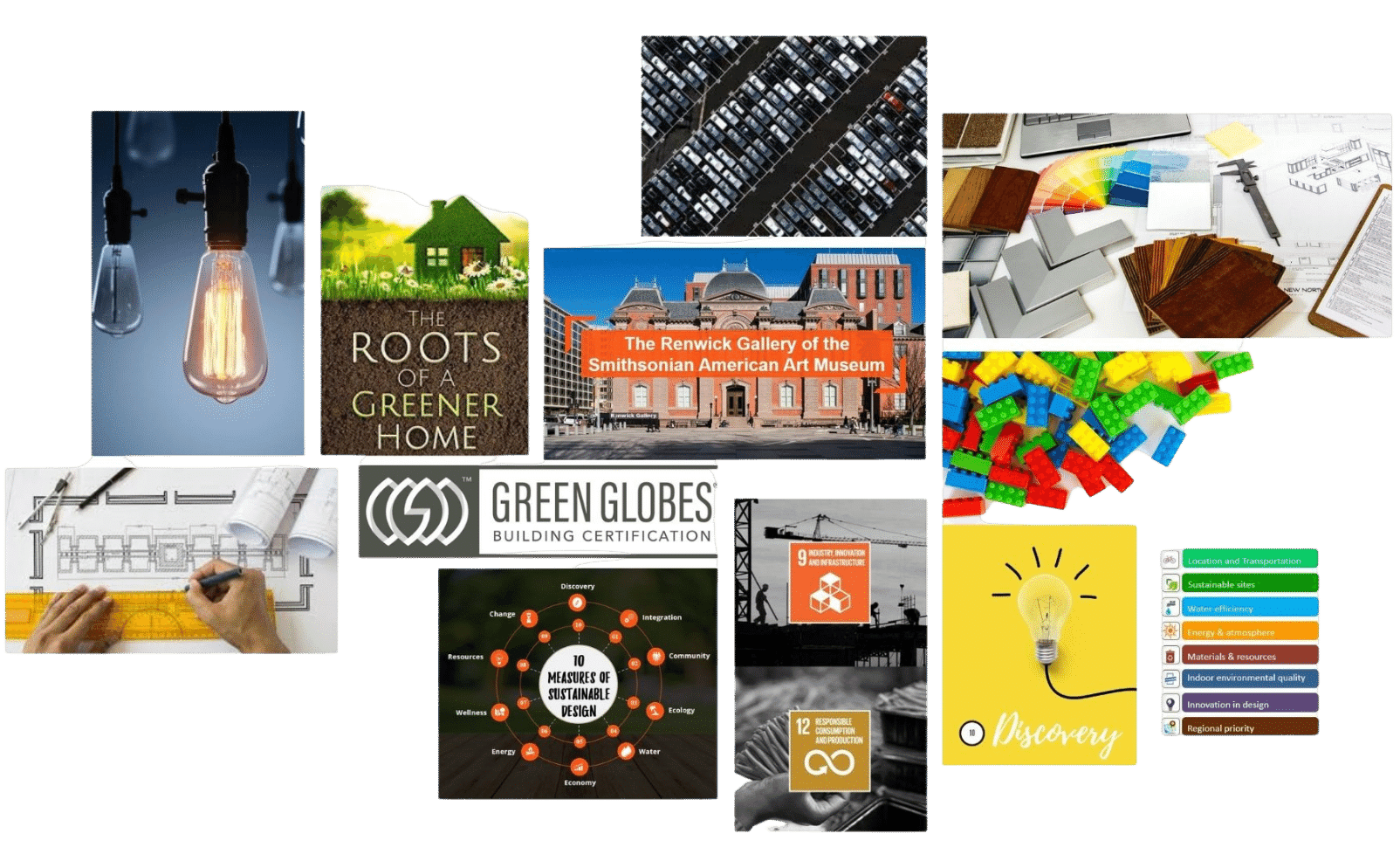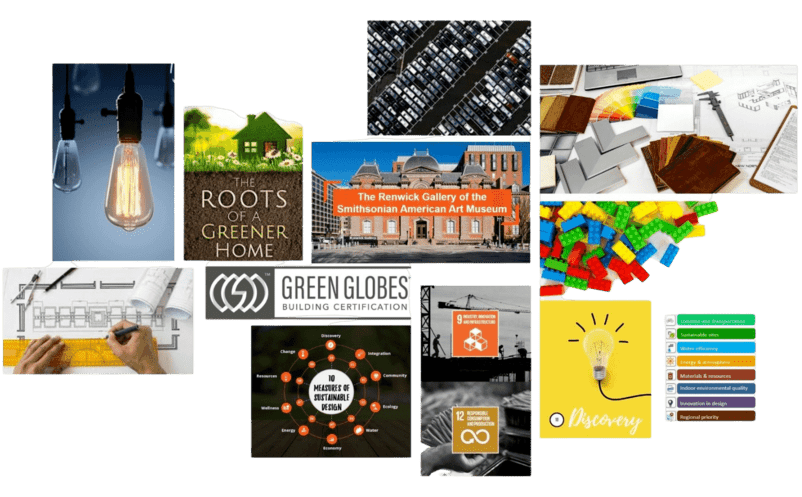It can seem impossible to get through a day without that hot cup of coffee or tea. The addictive properties of caffeine keep us needing our daily fix to keep our energy levels up. We may think to ourselves- “I should cut down on the amount of caffeine I drink”, but then without skipping a beat, think “but it’s not hurting anyone, so I’ll have one more cup.” This article isn’t to scare you off from your cup of joy, but to instead educate you that your caffeine intake may be hurting others and the environment just as much as it’s keeping you addicted.
What you will learn:
- Raise awareness about the widespread consumption of caffeine and its addictive properties, highlighting the daily reliance on coffee or tea to maintain energy levels.
- Provide information and alternatives that empower readers to make more conscious and sustainable choices regarding their caffeine intake, including supporting fair trade and sustainable coffee or tea production, exploring decaffeinated options, or opting for alternative beverages.
- Educate readers about the potential negative consequences of caffeine production and consumption on others and the environment, such as environmental degradation, deforestation, and exploitation of workers in coffee-growing regions.
- Encourage readers to critically evaluate their own caffeine consumption habits and reflect on the ethical and environmental implications associated with their choices, fostering a sense of personal responsibility.











